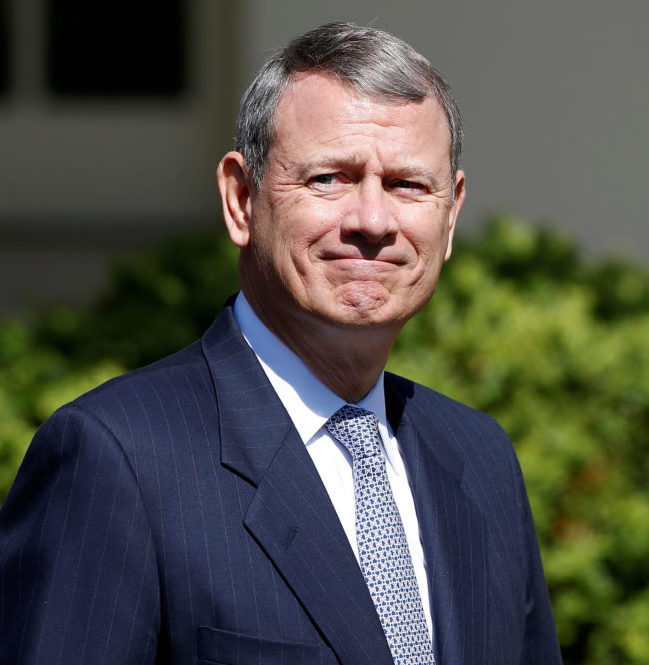Statement on the Chief Justice's Year-End Report
Statement from Fix the Court’s Gabe Roth on Chief Justice Roberts’ year-end report:
 “With a raft of controversial cases on its docket this term, the Supreme Court is under scrutiny like never before. Yet the message we get from the Chief Justice’s report is that any efforts to hold the Court and the entire judicial branch to higher ethical standards — to maintain the public’s trust at this crucial time — are unnecessary, since the judiciary can take care of itself.
“With a raft of controversial cases on its docket this term, the Supreme Court is under scrutiny like never before. Yet the message we get from the Chief Justice’s report is that any efforts to hold the Court and the entire judicial branch to higher ethical standards — to maintain the public’s trust at this crucial time — are unnecessary, since the judiciary can take care of itself.
“Though that’s a fairly tone-deaf response to serious and endemic problems like judges harassing their clerks or failing to recuse from cases in which they own stock in a party, I’m confident the report will not diminish lawmakers’ resolve to enact more stringent and anti-harassment
“It’s also a bit ridiculous that Roberts’ discussion of misconduct and missed recusals leaves out his own Court. Every term, he and his colleagues fail to disqualify themselves from several cases despite clear conflicts of interest, and almost none of the scant laws and regulations that deal with harassment in the judicial branch currently apply to the nine justices. Again, these persistent internal oversights cry out for external — that is, statutory — fixes.”
Additional background:
Roberts on p. 4: “[Software-based stock conflict checks] need to be refined to ensure that different ways of spelling or listing the same stock holding—such as by company name, subsidiary, or ticker symbol—are picked up by automated checks regardless of how they are identified by a litigant or judge.” This is ironic since Roberts himself has missed a stock conflict thanks to listing his holding’s stock symbol and not its full name; see no. 12 and p. 4, l. 9 of his 2016 disclosure. He does not say whether his own court will update its conflict-check system, which differs from justice to justice and comprises software in some chambers or a clerk with a sheet of paper marked “conflicts” in others.
Roberts on p. 5: “Over the past year, the Conference has tailored its model Employee Dispute Resolution Plan to Federal Public Defenders’ Offices. The Administrative Office has begun expanding the staff of its Office of Judicial Integrity, and it has overseen the creation of a national network of resources—including a Director of Workplace Relations in every federal circuit—to support judicial employees and address complaints.” But that’s because FTC, members of Congress and other advocates have pleaded on these accounts. A likely reason the new model EDR plan was adopted for FDOs, in mid-March 2020, is because two weeks before that, a former assistant W.D.N.C. defender sued her superiors and judiciary officials for harassment, discrimination and retaliation. The OJI comprised a single person up until earlier this year — nearly three years after it was established. And when did every circuit finally have a Director of Workplace Relations? Sept. 2021 (see Wayback Machine link).